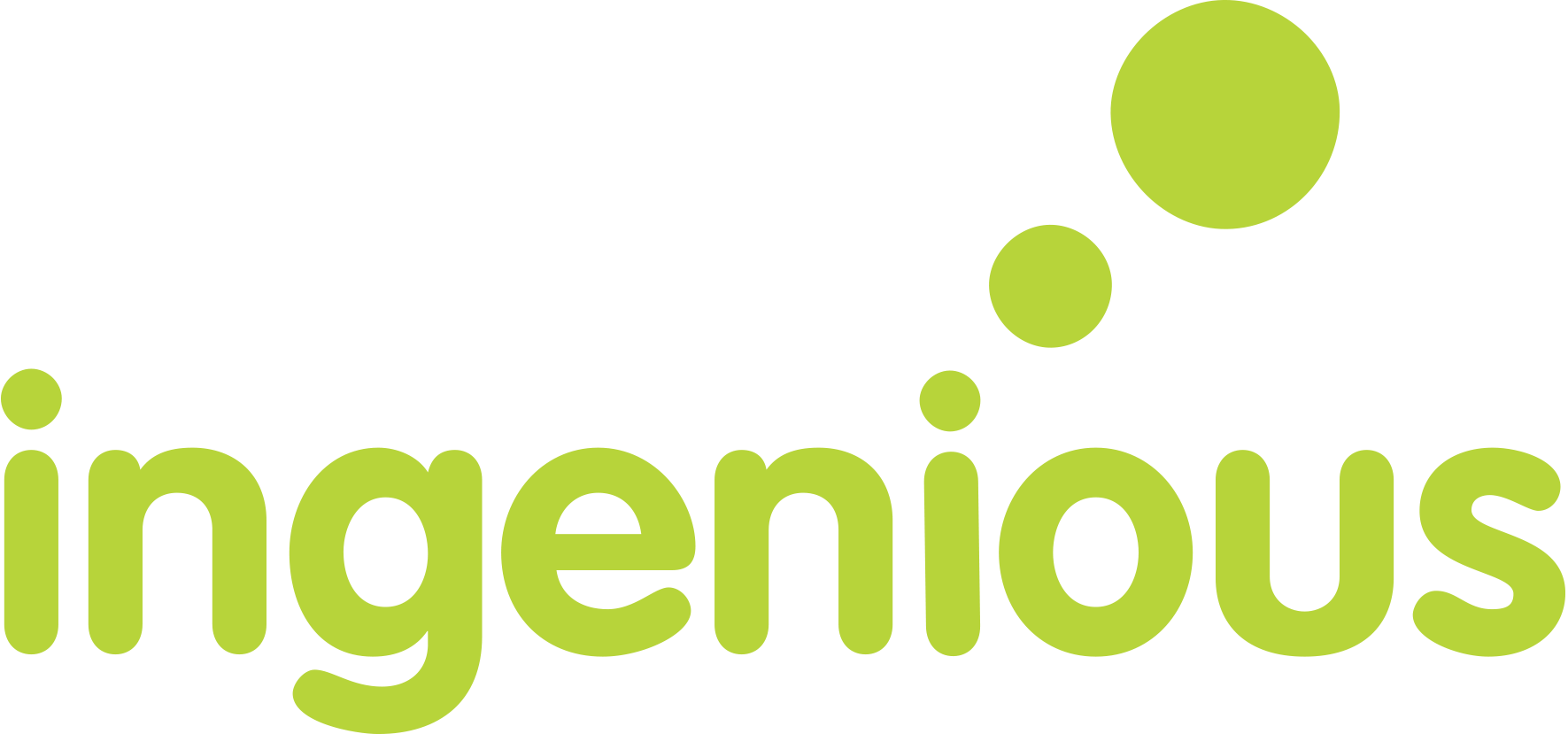Overview
The most effective protection is education, but this is difficult when it comes to kids. Plus they are less sceptical and click on pretty much anything.
The system below uses a very simple process of blocking access to dodgy content.
Introduction to DNS
If a machine makes a call to anything on the Internet, it needs to find it using a thing called DNS. This is where, for example www.google.co.uk access is requested, and an IP address such as 173.194.41.183 is returned. The machine then connects to the relevant web server via the IP address.
Changing your DNS server settings on your devices, or better still your home router, will mean that any requests query servers that maintain a constantly updated list of bad sites. A standard IP address is issued (usually presenting a warning page) and not the bad site. Beautifully simple, and very effective.
Family Shield
This free service is provided by OpenDNS and is called Family Shield.
Quoting from their web site:
- Instantly blocks access to adult websites No complicated configuration.
FamilyShield is pre-configured to block adult websites across your Internet connection. Just turn it on and go. The filter is always up-to-date, adding new sites 24/7. - Flexible parental controls that protect every Internet-connected device in your home, instantly.
When you set up FamilyShield on your router, every device in your home gets protected. That means everything: your kids’ Xbox, Playstation, Wii, DS, iPad, and even their iPhone. Learn More - Built-in anti-fraud and phishing protection.
Take the guesswork out of identifying fraudulent sites. FamilyShield automatically blocks phishing and identity theft websites. Learn More - Makes your Internet faster and more reliable.
Setting up FamilyShield frees you of frustrating, intermittent Internet outages and makes Web pages load faster, which makes your overall Internet connection faster. - Free.
OpenDNS FamilyShield is free to use for home networks. Some limitations apply.
Setting It Up
You will need to use the following two DNS servers on all machines. This can be set on the router, so that all machines on your network use these addresses, or on each machine individually.
208.67.220.123
208.67.222.123
There are more detailed instructions on how to do this on Windows, Macs, Unix, Linux, Mobile Devices, and Wii and for various brand routers or generic router instructions here.
If you have any problems please leave a comment below, contact us on our contact page or send us a tweet.
Not for Businesses
This service is not for business use.
If you are interested in the more feature-rich service that provides further levels of protection, we provide the Umbrella service at £1.70 per user per month.
This service blocks the following:
| Malware | Malicious software including drop servers and compromised websites that can be accessed via any application, protocol or port. |
| Drive-by Downloads/Exploits | Websites and files that are designed to run code without user intervention. |
| Mobile Threats | Threats that are designed to infect or adversely affect mobile devices such as phones and tablets. |
| Suspicious Response | Public DNS entries that resolve to your internal network space. These are sometimes associated with DNS rebinding attacks, which allow malicious scripts to access your internal network resources. |
| Dynamic DNS | Sites that are hosting dynamic DNS services. This technology can be used by attackers as an evasion technique against IP blacklisting. |
| Botnet | Compromised devices that attempt to communicate with hackers’ command and control servers via any application, protocol or port. |
| Phishing | Fraudulent websites that aim to trick users into handing over personal or financial information. |
| High Risk Sites and Locations | Domains and hostnames that are matching against our predictive security algorithms from the Security Graph. |
+ an Intelligent Proxy enhances security by performing URL inspection of web traffic.

